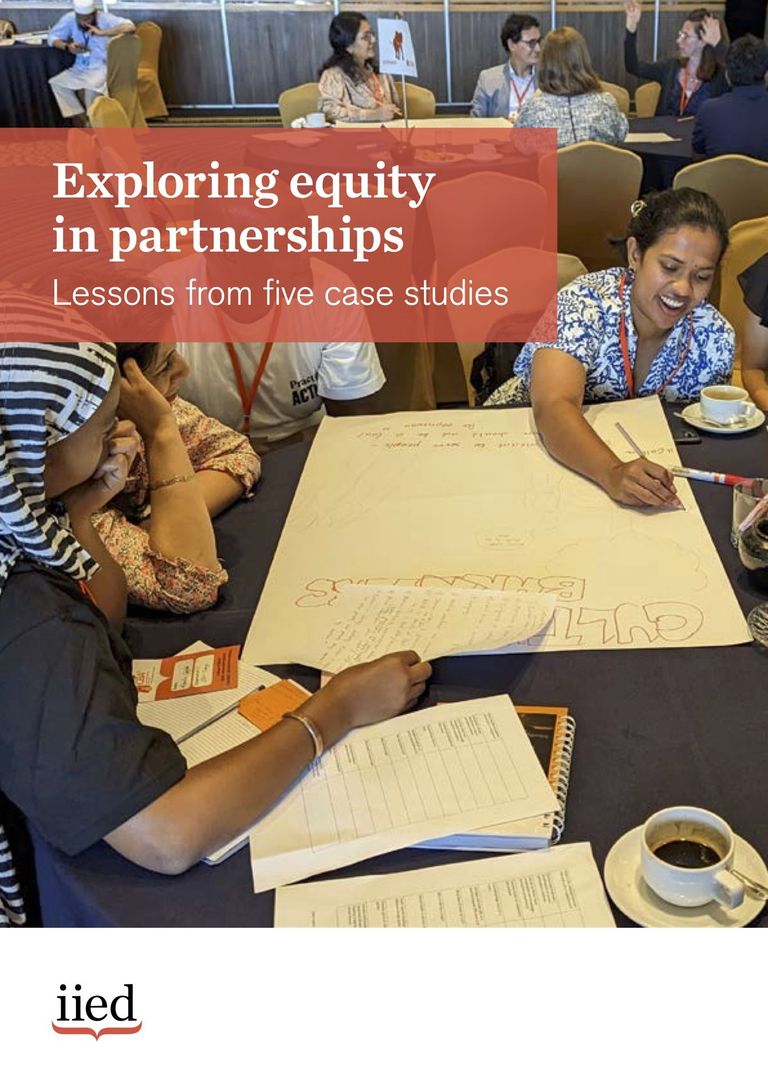Exploring equity in partnerships
Lessons from five case studies
Structural inequalities and power imbalances between the global North and South still exist at every level of development and research systems, including in how partnerships are nurtured and managed. Gender inequalities, social injustices, colonial legacies, racism, and other intersectional inequalities continue to manifest in relationships among individuals and institutions. Unequal partnerships systematically and negatively affect global South organisations and communities through increasing resource, epistemic and power inequalities, as well as lack of acknowledgement of existing inequalities, denial of inequalities, and taking advantage of inequalities in pseudo partnerships. Genuine collaboration requires addressing power imbalances and must be based on a shared understanding of equity and fairness. Reimagining partnerships will mean adopting actively decolonial, anti-racist, gender-equitable approaches that promote and strengthen ethical and equitable partnerships.


